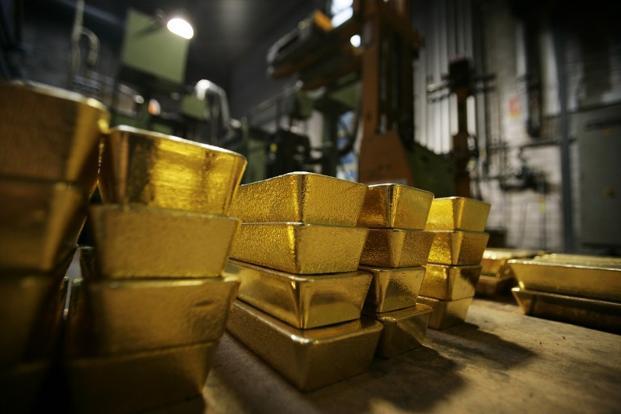
But despite thousands of business delegates flooding into Tehran from all over Europe, Asia and beyond, big deals have been slow to emerge.
That makes Monday’s agreement with French energy giant Total - which will lead to a 20-year, $4.9 billion project to develop an offshore gas field in Iran - a potential breakthrough for the country.
Major investments have been few and far between.
French car firm PSA was quick off the block, signing a 400-million-euro deal in June 2016 to build Peugeot vehicles with Iranian carmaker Khodro, and a 300-million-euro agreement in October to build Citroens with Iran’s SAIPA.
Hotel group Accor says it is working on 10 to 15 projects in Iran, hoping to capitalise on the tourism boom since the nuclear deal.
The only other headline deals have been for aircraft, but here the money has been going in the other direction, such as the billions spent by Iran Air to buy 100 planes from Airbus and 80 from Boeing.
There has been a cavalcade of so-called preliminary or “exploratory” deals by major firms including Renault, Hyundai and Shell, but so far none have translated into actual investments.
A UN trade report published in June said total foreign direct investment into Iran last year was just $3.4 billion - way below the $4.7 billion it received in 2012 before sanctions hit - and not even in the same universe as the $50 billion target set by President Hassan Rouhani when he signed the nuclear deal.
Two things: US sanctions and Iran’s domestic economic mess.
Although many international sanctions were lifted under the nuclear deal, Washington maintained many related to human rights, ballistic missile tests and Iran’s role in regional conflicts.
Firms face major compliance headaches trying to figure out if their money might end up in the hands of sanctioned entities such as the Revolutionary Guards - a tough task given their shadowy involvement across much of the Iranian economy.
But even without the threat of sanctions, Iran remains a risky investment prospect due to its pervasive corruption and red tape, a banking sector crippled by toxic debt and a fluctuating currency.
All this has scared off many investors, and crucially, the global banks needed to finance long-term deals.
Iran hopes Monday’s Total deal will give confidence to other firms to move in, and that an international bank will similarly take the plunge, triggering the long-awaited gold rush.
But for now, it remains a waiting game.
Published in The Express Tribune, July 4th, 2017.
Like Business on Facebook, follow @TribuneBiz on Twitter to stay informed and join in the conversation.




1725030039-0/Untitled-design-(2)1725030039-0-165x106.webp)












COMMENTS
Comments are moderated and generally will be posted if they are on-topic and not abusive.
For more information, please see our Comments FAQ